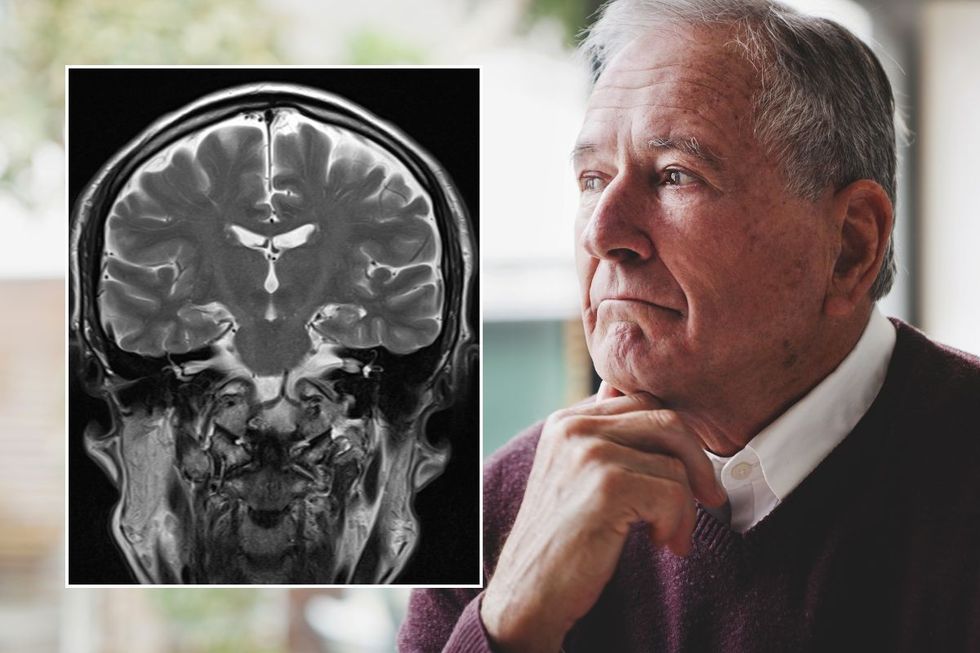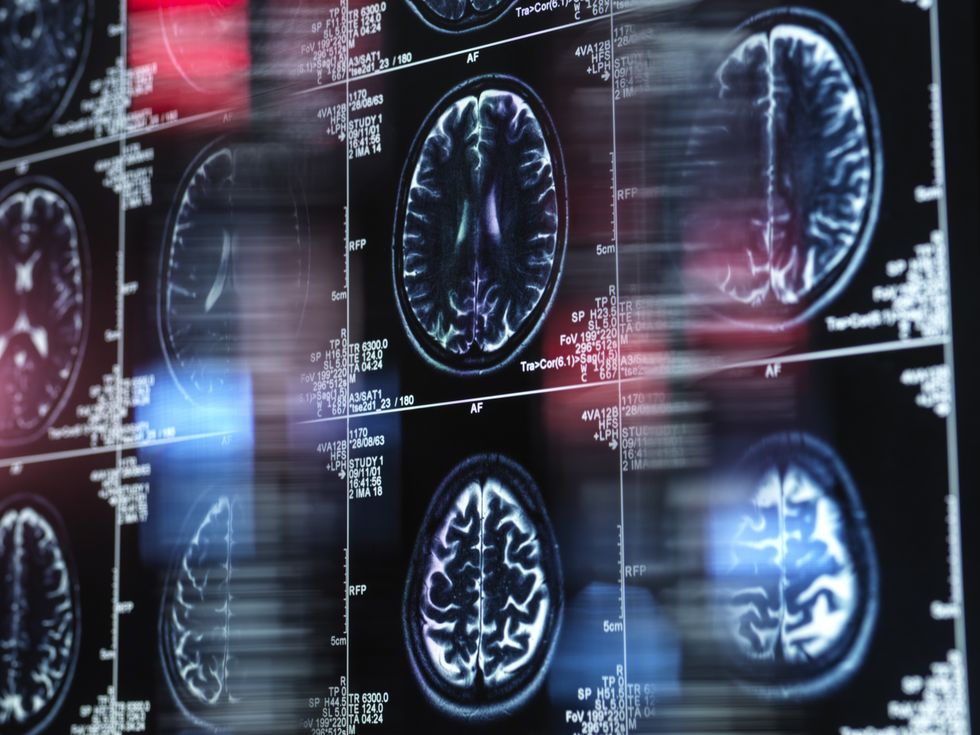Lifestyle habits could make the brain 'resilient' against dementia
GBN
Early diagnosis is considered critical for better outcomes, as treatments can combat symptoms
Don't Miss
Most Read
Trending on GB News
New research has revealed that blurry vision and seeing spots could indicate a high risk of developing early-onset dementia.
New Zealand experts discovered that people with abnormally thin retinal tissue at the back of the eye were far more likely to be diagnosed with the disease in their 40s, 50s, or 60s.
This condition, known medically as retinal thinning, causes distorted vision including spots, lines, flashing lights and changes in colour perception.
The study also found that signs of narrowing arteries and wider veins in the eye were linked to increased dementia risk.

Eye examinations could help identify those at risk of dementia
GETTY
Researchers from the University of Otago used data from the Dunedin Longitudinal Study to uncover this connection between eye health and dementia.
The findings suggest eye examinations could help identify those at risk of developing the disease.
Dr Ashleigh Barrett-Young, co-lead author of the study, explained that both problems suggest insufficient blood flow to the eye and brain, which could contribute to dementia development.
It could also indicate poor circulation throughout the body, a known risk factor for dementia, heart attack and stroke.
The researchers examined two types of blood vessels at the back of the eye.
"One is arterioles - you can think of them like mini-arteries," Barrett-Young told RNZ's Saturday Morning programme.
These vessels tend to narrow when not functioning properly, restricting blood flow. The other type, venules, are like "mini veins" that widen due to inflammation.
Together, these changes indicate the blood vessel system is not working effectively.
Dr Barrett-Young highlighted that Alzheimer's disease and other dementias begin long before symptoms appear, possibly decades before cognitive decline becomes noticeable.
"Currently, Alzheimer's disease and dementia are usually diagnosed based on cognitive tests," she said.
LATEST DEVELOPMENTS:

Early diagnosis is considered critical for better outcomes
GETTYThis makes early diagnosis difficult when interventions might have the greatest impact.
The researcher believes artificial intelligence will play a crucial role in using retinal imaging as a biomarker for dementia risk.
"What we're able to tell is that there are really small changes in the eye that we probably wouldn't pick up using your standard optometry or ophthalmology tests," Barrett-Young explained.
"In the future AI will be able to tell you whether you're at increased risk of developing Alzheimer's, even possibly years before you have the disease."








